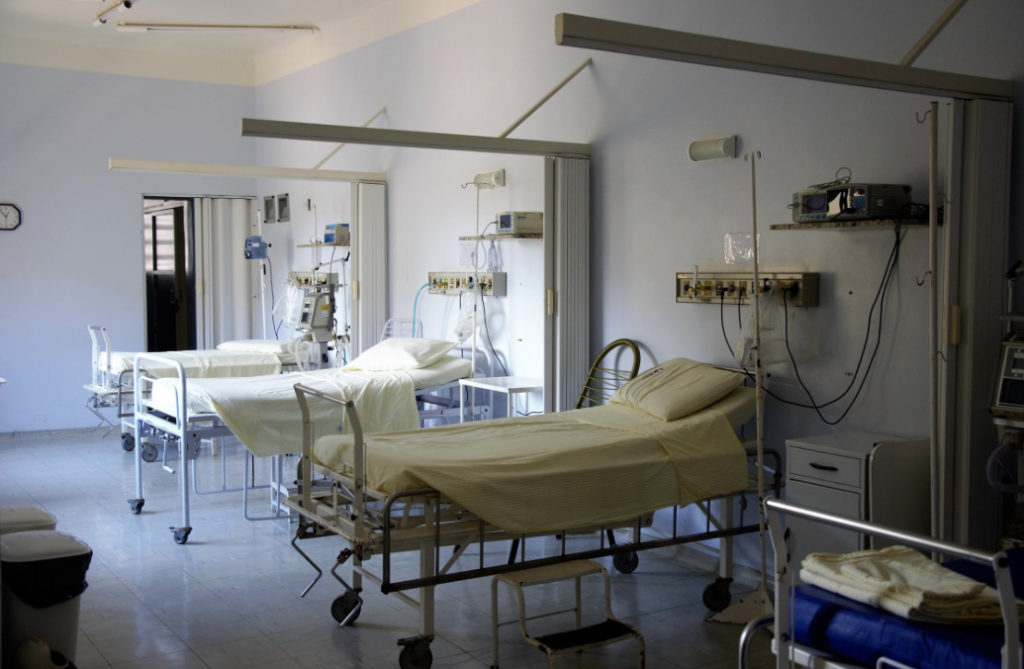Today, Thursday March 5, the National Institute for Communicable Diseases (NICD) confirmed that a suspected case of COVID-19 or coronavirus has come back positive.
According to Minister of Health, Zweli Mkize, the patient is a 38-year-old male who travelled to Italy with his wife. They were part of a group of 10 people and they arrived back in South Africa on March 1, 2020. The news was broken during an emergency media briefing.
“The patient consulted a private general practitioner on March 3, with symptoms of fever, headache, malaise, a sore throat and a cough. The practice nurse took swabs and delivered it to the lab,” Mkhize said. “The patient has been self-isolating since March 3. The couple also has two children.”
The Emergency Operating Centre (EOC) has identified the contacts by interviewing the patient and doctor.
“The tracer team has been deployed to KwaZulu-Natal with epidemiologists and clinicians from NICD. The doctor has been self-isolated as well,” Mkhize added.
“A press briefing will be held later after the parliamentary debate this evening, to shed more light on this issue,” he continued.
Coronaviruses are zoonotic, meaning they are transmitted between animals and people. Detailed investigations found that SARS-CoV was transmitted from civet cats to humans and MERS-CoV from dromedary camels to humans. Several known coronaviruses are circulating in animals that have not yet infected humans.
Common signs of infection include respiratory symptoms, fever, cough, shortness of breath and breathing difficulties. In more severe cases, infection can cause pneumonia, severe acute respiratory syndrome, kidney failure and even death.
Standard recommendations to prevent infection spread include regular hand washing, covering mouth and nose when coughing and sneezing, and thoroughly cooking meat and eggs. Avoid close contact with anyone showing symptoms of respiratory illness such as coughing and sneezing.
This is a developing story.
Picture: Pexels

